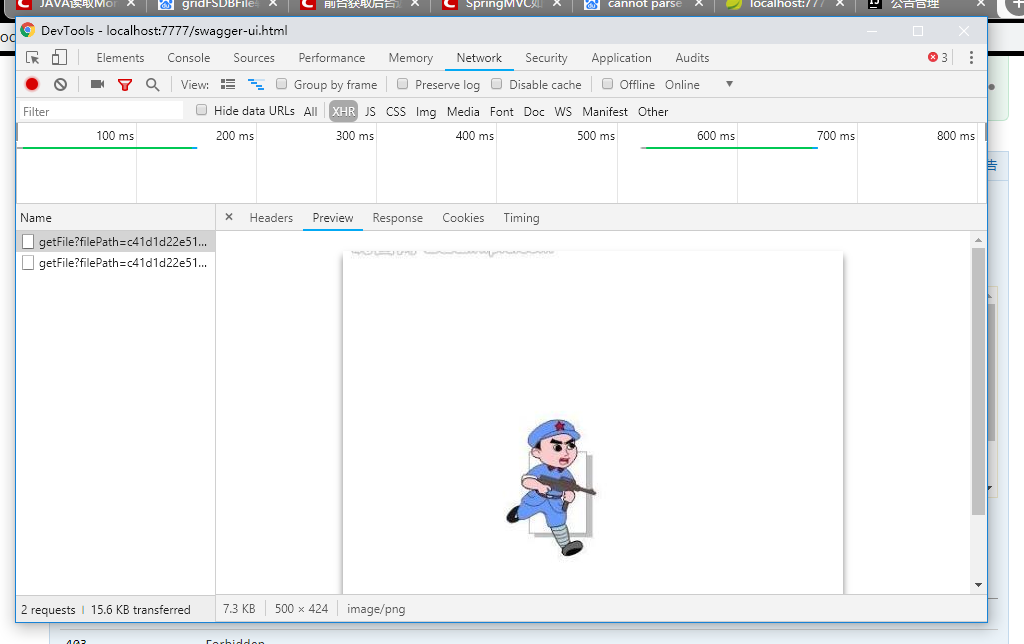可以将文章内容翻译成中文,广告屏蔽插件可能会导致该功能失效(如失效,请关闭广告屏蔽插件后再试):
问题:
Is there a really easy way to start from a full URL:
document.location.href = \"http://aaa.bbb.ccc.com/asdf/asdf/sadf.aspx?blah\"
And extract just the host part:
aaa.bbb.ccc.com
There\'s gotta be a JavaScript function that does this reliably, but I can\'t find it.
回答1:
suppose that you have a page with this address: http://sub.domain.com/virtualPath/page.htm. use the following in page code to achive those results:
window.location.host : you\'ll get sub.domain.com:8080 or sub.domain.com:80window.location.hostname : you\'ll get sub.domain.comwindow.location.protocol : you\'ll get http:window.location.port : you\'ll get 8080 or 80window.location.pathname : you\'ll get /virtualPathwindow.location.origin : you\'ll get http://sub.domain.com *****
Update: about the .origin
***** As the ref states, browser compatibility for window.location.origin is not clear. I\'ve checked it in chrome and it returned http://sub.domain.com:port if the port is anything but 80, and http://sub.domain.com if the port is 80.
Special thanks to @torazaburo for mentioning that to me.
回答2:
You could concatenate the location protocol and the host:
var root = location.protocol + \'//\' + location.host;
For a url, let say \'http://stackoverflow.com/questions\', it will return \'http://stackoverflow.com\'
回答3:
Use document.location object and its host or hostname properties.
alert(document.location.hostname); // alerts \"stackoverflow.com\"
回答4:
There are two ways. The first is a variant of another answer here, but this one accounts for non-default ports:
function getRootUrl() {
var defaultPorts = {\"http:\":80,\"https:\":443};
return window.location.protocol + \"//\" + window.location.hostname
+ (((window.location.port)
&& (window.location.port != defaultPorts[window.location.protocol]))
? (\":\"+window.location.port) : \"\");
}
But I prefer this simpler method (which works with any URI string):
function getRootUrl(url) {
return url.toString().replace(/^(.*\\/\\/[^\\/?#]*).*$/,\"$1\");
}
回答5:
The accepted answer didn\'t work for me since wanted to be able to work with any arbitary url\'s, not just the current page URL.
Take a look at the URL object:
var url = new URL(\"http://aaa.bbb.ccc.com/asdf/asdf/sadf.aspx?blah\");
url.protocol; // \"http:\"
url.hostname; // \"aaa.bbb.ccc.com\"
url.pathname; // \"/asdf/asdf/sadf.aspx\"
url.search; // \"?blah\"
回答6:
use
window.location.origin
and for: \"http://aaa.bbb.ccc.ddd.com/sadf.aspx?blah\"
you will get: http://aaa.bbb.ccc.ddd.com/
回答7:
Try
document.location.host
or
document.location.hostname
回答8:
There is another hack I use and never saw in any StackOverflow response :
using \"src\" attribute of an image will yield the complete base path of your site.
For instance :
var dummy = new Image;
dummy.src = \'$\'; // using \'\' will fail on some browsers
var root = dummy.src.slice(0,-1); // remove trailing \'$\'
On an URL like http://domain.com/somesite/index.html,
root will be set to http://domain.com/somesite/.
This also works for localhost or any valid base URL.
Note that this will cause a failed HTTP request on the $ dummy image.
You can use an existing image instead to avoid this, with only slight code changes.
Another variant uses a dummy link, with no side effect on HTTP requests :
var dummy = document.createElement (\'a\');
dummy.href = \'\';
var root = dummy.href;
I did not test it on every browser, though.
回答9:
Check this:
alert(window.location.hostname);
this will return host name as www.domain.com
and:
window.location.host
will return domain name with port like www.example.com:80
For complete reference check Mozilla developer site.
回答10:
I would like to specify something. If someone want to get the whole url with path like I need, can use:
var fullUrl = window.location.protocol + \"//\" + window.location.hostname + window.location.pathname;
回答11:
I know this is a bit late, but I made a clean little function with a little ES6 syntax
function getHost(href){
return Object.assign(document.createElement(\'a\'), { href }).host;
}
It could also be writen in ES5 like
function getHost(href){
return Object.assign(document.createElement(\'a\'), { href: href }).host;
}
Of course IE doen\'t support Object.assign, but in my line of work, that doesn\'t matter.



